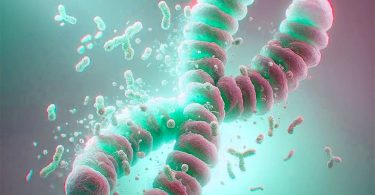Fructose, the super-fuel of glycation, is a particularly harmful sugar.
For many years, fructose and glucose, which have the same chemical formula, were considered identical in their effects on health. For the record, glucose is the main carbohydrate in animals, while sucrose (composed of glucose and fructose) is the main carbohydrate in plants.
Since humans have always consumed fruit, a basic component of the diet, fructose has long been considered beneficial to human health. Its superior sweetening power to other sugars reinforced this attraction.
Throughout the ages, refined sugar from plants with a high fructose content has even become a luxury commodity for many populations.
Fructose has a dual characteristic that makes it one of the most harmful sugars (1) (2):
- It participates more rapidly than glucose in the glycation reaction, a major cause of ageing and age-related diseases.
- Its complex and deleterious metabolism leads to numerous metabolic disorders.
Worldwide consumption of refined sugar, and therefore fructose, exploded during the 20th century. The predictable consequence: a boom in diseases such as diabetes, cardiovascular diseases, digestive system cancers, neurodegenerative diseases and, more generally, accelerated aging…
© AGE Breaker, updated 09 2023
[Glycation is one of the major causes of aging. Resulting from the fixation of sugars on the proteins constituting the organism, glycation generates toxic compounds that cause cellular aging. Glycation is particularly involved in metabolic disorders, skin aging and cognitive decline.] [AGE Breaker, patented nutritional supplements, based on rosmarinic acid, recognized by aging specialists around the world for their properties to reverse the effects of glycation.]More on www.agebreaker.com
#agebreaker #glycation #antiaging #longevitymedicine #preventivemedicine #preventivehealth #skinaging #4pmedicine #advancedglycationendproducts
1 : Cholsoon Jang et Al. The Small Intestine Converts Dietary Fructose into Glucose and Organic Acids Cell Metabolism. Volume 27, Issue 2, p 351-36. E3 Feb 2018. doi.org/10.1016/j.cmet.2017.12.016
2 : M. A. Febbraio et Al. “Sweet death”: Fructose as a metabolic toxin that targets the gut-liver axis. Cell Metab 2021 Dec 7;33(12):2316-2328. doi:10.1016/j.cmet.2021.09.004.









